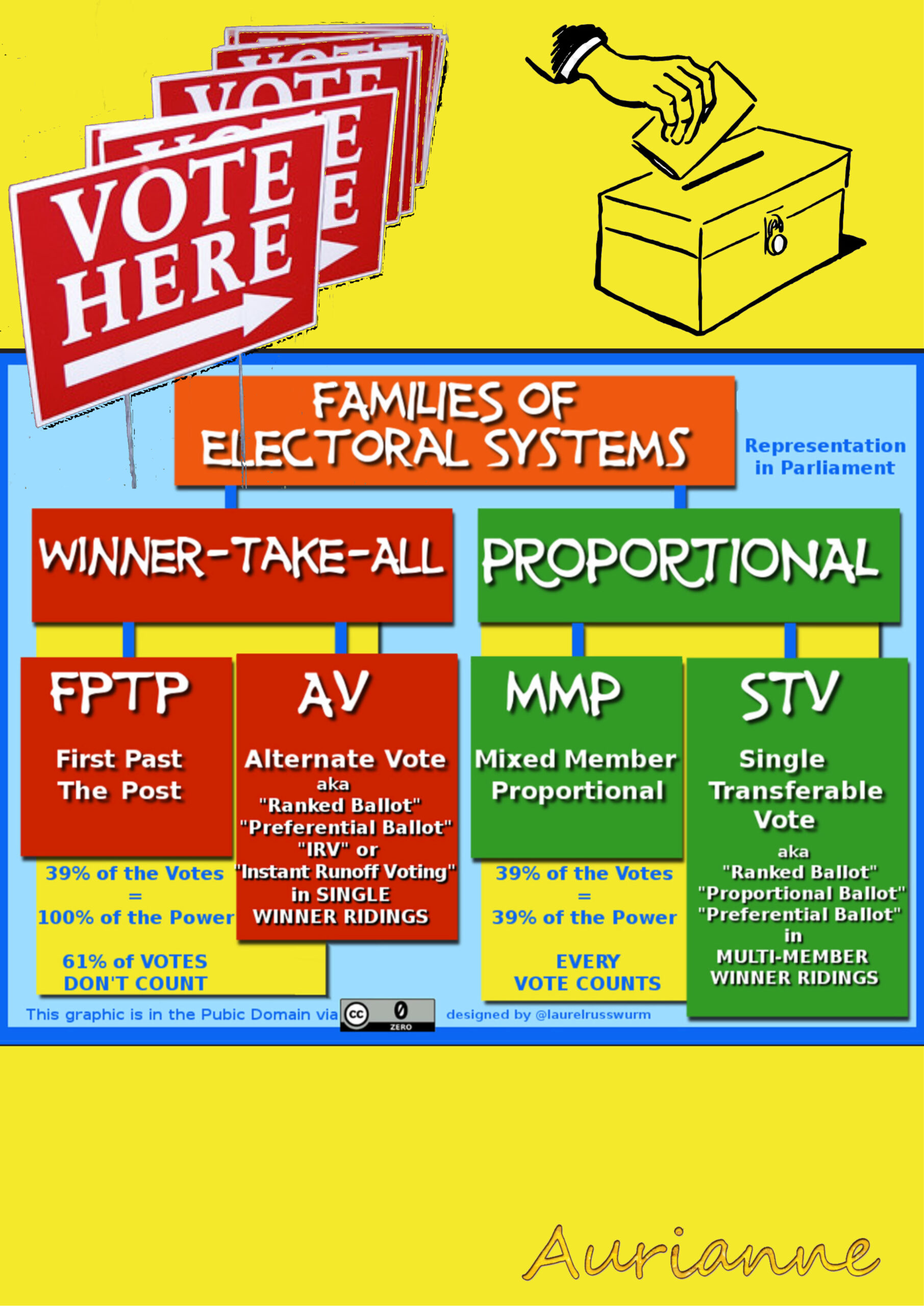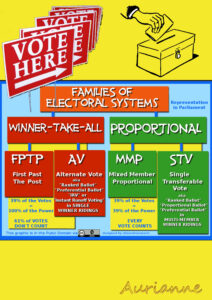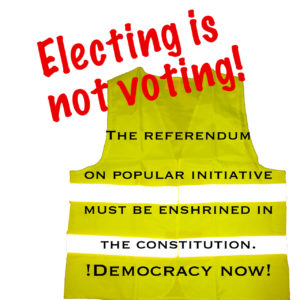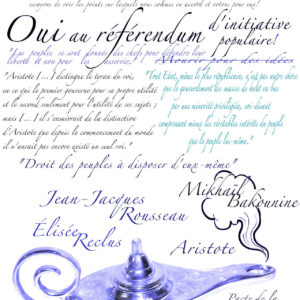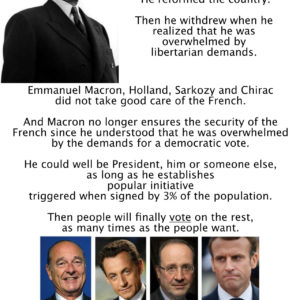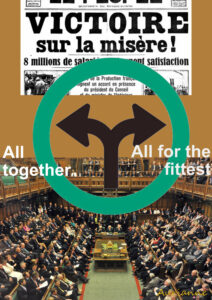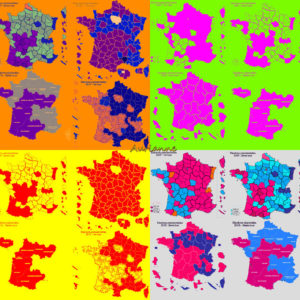The voting system in France, whether for the presidential or legislative elections, is not proportional. Only the candidates with the most votes go through to the second round. It favours the big parties with an undisputed leader.
The Fifth Republic was created for one man, Charles de Gaulle, who was the undisputed leader of a huge party. Valuing an uncontested leader is a right-wing value. Uniting behind a single man is not a left-wing value. The left values diversity of opinion and dialogue. The left cannot impose itself with this type of election.
In the 2002 French presidential election, there were 10 left-wing candidates. None of them made it to the second round, but together they accounted for 64% of the vote. Chirac and Le Pen together accounted for only 36% of the vote in the first round. The majority of French people had voted left and they had a right-wing versus far-right second round.
In the 2017 and 2022 presidential elections, Emmanuel Macron gathered 24% in 2017 and 27% in 2022 of the vote in the first round. People voted for him in the second round to avoid Marine Le Pen. Left-wing candidates combined in the first round accounted for 27% in 2017 and 31% in 2022. If there had been only one candidate on the left, he would have faced Marine Le Pen in the second round.
For the 2024 legislative elections, E. Macron did not leave enough time for the parties to campaign and for the left to get organised for the European elections (a decline in the vote for France Insoumise). This is anti-democratic. The forecasts show the Rassemblement National (far-right) winning by a wide margin. The smaller the town, the higher the Rassemblement National score.
W. Bush and D. Trump were both elected in the United States because of the electoral system, even though a large majority of people voted against them.
In the United States (electoral college) and in France, there are far more constituencies in the countryside than in the cities. The rural vote is over-represented.
In the United Kingdom, Italy, Spain, Switzerland and Germany, voting for members of parliament is proportional.
Elections législatives : comment vote-t-on dans l’Union européenne ? – Toute l’Europe: https://www.touteleurope.eu/vie-politique-des-etats-membres/elections-legislatives-comment-vote-t-on-dans-l-union-europeenne/
Power must be returned to the people by calling for proportionally elected representatives and a popular initiative referendum to counterbalance their power. Parliamentarians then elect a prime minister. There is no need for a president. The people are sovereign.
Types de démocraties – Democurieux: https://democurieux.fr/types-de-democraties/
Translated with DeepL.com
Adam Ruins Everything – Why the Electoral College Ruins Democracy – tru TV: https://youtu.be/90RajY2nrgk?si=fXmlvOy7mkoOXiCz
Proportional #rankedchoicevoting Explained – fairvote: https://youtu.be/MSl7LYbqjWw?si=WC5w9A8kgnLmE7UY

